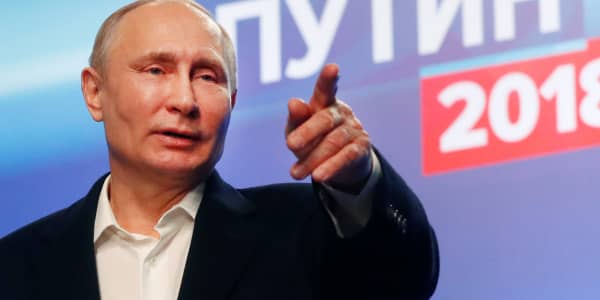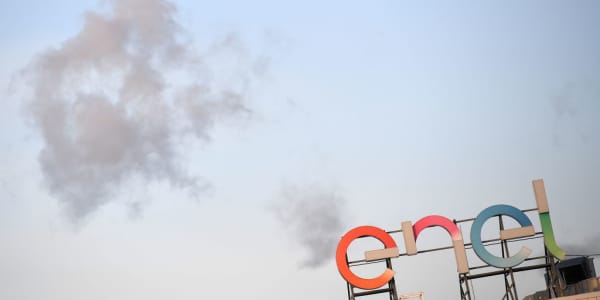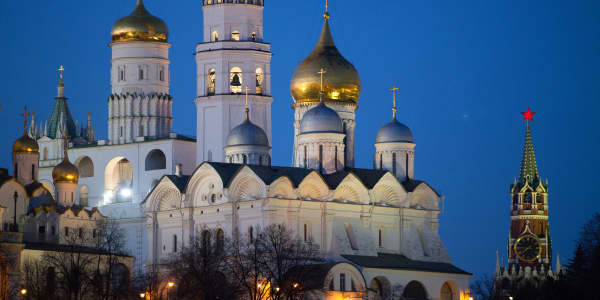As the Russian corporate and political elite gathers for the St Petersburg Economic Forum (Spief), the country's answer to Davos, they will be all too aware that the future looks less certain than it has for years.
Despite the threat of sanctions from the West over tensions with Ukraine, there is an air of business as usual for the resource-rich economy. Spief is expected to be a show of strength, with high-profile appearances from politicians, oligarchs and chief executives.
Read MoreCan Russiacome back from the cold?
President Vladimir Putin, probably the most high-profile attendee, will be just back from a gas summit with neighboring China, where a mega-billion decades-long gas contract for state-backed gas giant Gazprom was agreed.
Some of the cash which flowed out of its stock market at the height of the Ukrainian crisis is returning. Russian equities saw inflows of $75 million in the week to May 14, and the Micex, Russia's main stock market index, climbed steadily in May.
Read More
Yet attendance at Spief itself has suffered. Sparked by the crisis in Ukraine, U.S. banks were the first to make their excuses to not attend the St Petersburg gathering. But since then, the chief executives of consumer companies like PepsiCo and European corporations with deep ties to Russia -- like Germany's energy giant E.ON and engineering company Siemens -- have also cancelled.
This was supposed to be a year of promising growth for Russia, but its economy is under the threat of recession.

The importance of Russia's energy industry and its dependence on its natural resources has been shown into sharp relief by the Ukraine crisis. If there is a serious threat to its ability to export oil and gas, not only will Russia's economy come under threat – but its political stability will as well.
Economic data for the first quarter showed "weak GDP (gross domestic product), sizable private sector outflows and non-existent industrial production," as Citi economists pointed out. Inflation stood at 7.3 percent in April, suggesting a squeeze on the average Russian consumer.
Read MoreFor rich Russians, UK schools in class of their own
The cost of repaying its 10-year debt, as measured by its bond yield, has hovered stubbornly near the 9 percent mark, up from around 8 percent when the crisis in Ukraine began -- but it is still a vast improvement on the 12.9 percent reached during 2009's dark economic days. Analysts expect Western ratings agencies Moody's and Fitch to follow Standard & Poor's in downgrading Russian credit in July, when they conduct their scheduled reviews.
Sanctions have so far not hit any critical industries like gas – but that may change if a threatened third wave is introduced.
The situation with Ukraine may be "chronic, rather than critical," in the words of Deutsche Bank analysts, but chronic is still far from ideal. Any flaring of tensions around Ukrainian elections, scheduled for May 25, could exacerbate the situation further.





